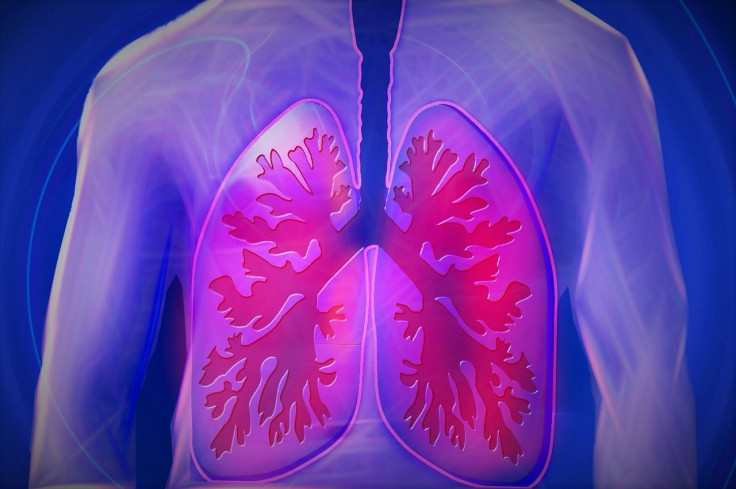Lung Cancer Deaths Drop Significantly Thanks To More Advanced Treatments

KEY POINTS
- Researchers found a significant drop in lung cancer mortality rates in recent years
- Survival from non-small cell lung cancer in men improved from 26% to 35% in 13 years
- Reduction in lung cancer deaths attributed to more advanced treatments
Lung cancer mortality rates have significantly dropped in the recent years because of more advanced treatments, according to a new study.
Researchers at the National Cancer Institute (NCI) recently revealed in their new study published in the New England Journal of Medicine that after examining the data on the U.S. mortality rates from the most common lung cancer, called non-small cell lung cancer (NSCLC), there’s been a sharp drop in the recent years.
The researchers used data from Surveillance, Epidemiology and End Results (SEER) for their study and evaluated the population-level mortality trends in the different subtypes of lung cancer. Based on their analysis, the overall deaths from lung cancer have declined, but the most notable finding is the sharp fall in NSCLC mortality rates.
Generally speaking, 84% of all lung cancers are NSCLC while 13% of the cases are small cell lung cancer (SCLC). Lung cancer is also most common in older people aged 65 and beyond, and only a few cases are diagnosed in people below 45, the American Cancer Society said.
The incidence-based mortality from NSCLC dropped 6.3% yearly from 2013 through 2016. Survival from this cancer among men also improved from 26% in 2001 to 35% in 2014. Almost similar patterns were documented in women. Meanwhile, SCLC mortality rates were found to have declined as the number of cases declined through the years.
Though more recent data is still not available, the findings are of great importance to the scientific field as they suggest the efficiency of more modern treatments in curing lung cancer. The researchers have credited the approvals for and use of targeted therapies in the reduction of lung cancer deaths in the period covered in the study.
“Reduced tobacco consumption in the U.S. has been associated with a progressive decrease in lung cancer deaths that started around 1990 in men and around 2000 in women. Until now, however, we have not known whether newer treatments might contribute to some of the recent improvement,” study co-author Douglas R. Lowy, MD, said in a press release.
“This analysis shows for the first time that nationwide mortality rates for the most common category of lung cancer, non-small cell lung cancer, are declining faster than its incidence, an advance that correlates with the [U.S. Food and Drug Administration] approval of several targeted therapies for this cancer in recent years,” he added.
© Copyright IBTimes 2025. All rights reserved.





















